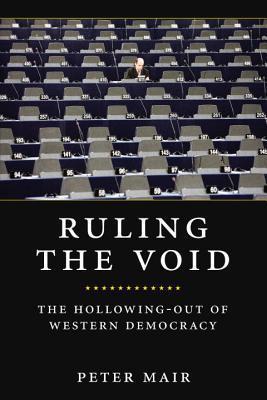What do you think?
Rate this book


192 pages, Hardcover
First published March 1, 2009
The rise of political parties is indubitably one of the principal distinguishing marks of modern government. The parties, in fact, have played a major role as makers of governments, more especially they have been the makers of democratic government. It should be stated flatly at the outset that this volume is devoted to the thesis that the political parties created democracy and that modern democracy is unthinkable save in terms of parties. As a matter of fact, the condition of the parties is the best possible evidence of the nature of any regime. The most important distinction in modern political philosophy, the distinction between democracy and dictatorship, can be made best in terms of party politics. The parties are not therefore merely appendages of modern government, they are in the center of it and play a determinative and creative role in it.